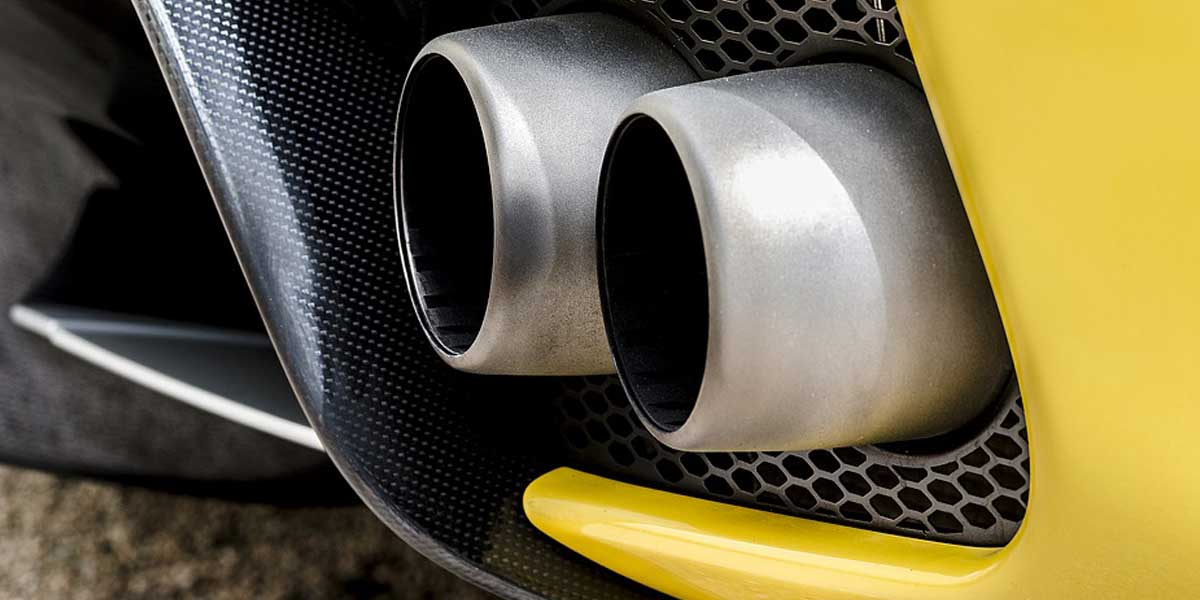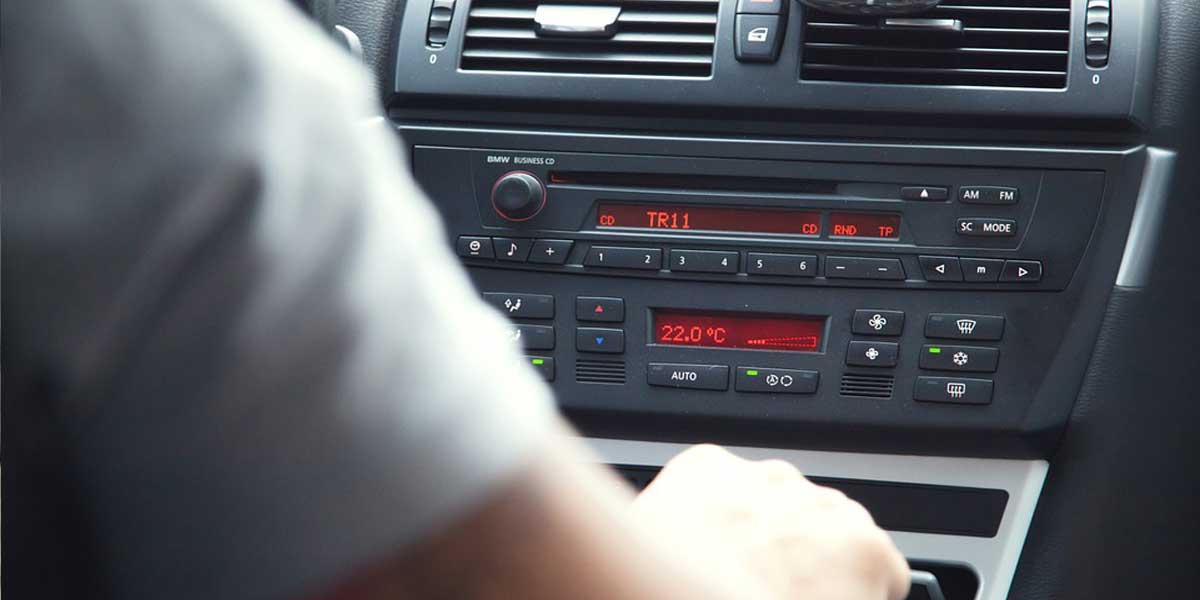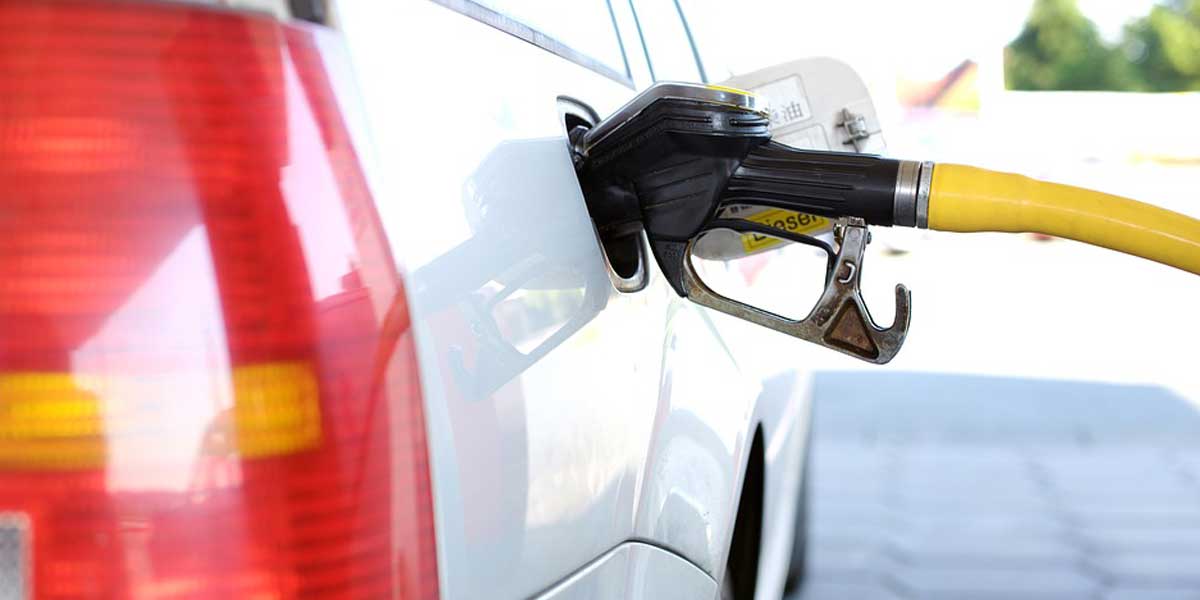4 Reasons to Turn Off Your Engine Outside School
Idling — the act of leaving your engine running whilst parked has negative consequences for the environment, health, vehicle and wallet. Many newer vehicles have a “stop-start” function, which automatically turns the engine off when the car is at a standstill.
However, you don’t need to buy a new car to be more environmentally friendly and cash conscious. All you need to do is turn off your engine if you are stopping for more than a minute, which includes waiting to drop off or pick up your children from school.
Waiting with your engine on for just ten minutes a day will produce enough excess fumes across the year to fuel two jumbo jets! In case that figure wasn’t striking enough, we’ve come up with four more reasons to turn off your engine outside the school gates.

1 | Help the Environment
Everyone knows that idling emits hazardous pollutants, which lead to climate change and health issues. Did you know that turning your engine off for that ten-minute waiting period could prevent 450 grams of carbon dioxide from being released? That could make a huge difference to the air quality outside your child’s school.

Anti-idling experiments around London schools saw levels of black carbon — a pollutant associated with car exhausts — drop by 36% after “no idling” action days. Just imagine what a difference such behaviour would make if implemented across the entire school year!
Many idlers argue that turning your engine off and on again actually causes higher levels of pollution, but this is only the case if you’re restarting your car within a minute or less. If you’re waiting for longer than 60 seconds, which is usually the case around schools, it’s always best to switch off your engine.

2 | Better for Your Health
The pollutants from idling vehicles (especially diesel cars) have been linked to asthma, heart disease, bronchitis and cancer. This leads to the tragic death of around 36,000 people in the UK each year and puts a huge strain on the NHS.

In fact, air pollution has been found to cut the average Brit’s life expectancy by six months. Children are particularly vulnerable to these issues because their lungs are still developing and they breathe at a much faster rate than adults. Furthermore, they’re physically closer to the ground and to those dangerous exhaust pipes.

You don’t need to be outside to suffer the consequences of idling; sitting in a stationery vehicle with the engine on means you’re breathing in dirty fumes that leak into the car cabin. So, if your family is sat in the car waiting for the school gates to open, remember to turn off that engine!

3 | Save Money
It’s a common myth that restarting the engine uses more fuel — and therefore costs more money — than keeping the engine running. We’ve already discovered this isn’t the case! In fact, idling for ten minutes will cost you at least one-tenth of a litre in wasted fuel. Switching off your engine will ensure you get the best bank for your buck and miles out of your tank, which is especially important as fuel prices continue to rise.

4 | Protect Your Vehicle
Once upon a time, drivers needed to keep their car running to keep the battery charged. Luckily for the environment, this is no longer the case. It’s also untrue that the most efficient way to warm up your engine is to leave the car running. The best way to heat up the vehicle is to drive it, as long as it is safe to do so (e.g. once snow is cleared from the windscreen). And if you feel a bit chilly waiting without the heating on, it is both cheaper and better for your car to make a flask of hot coffee and put on your thickest woolly gloves.

Idling has other serious impacts on your vehicle. It can, for example, cause oil contamination and damage components like cylinders and piston rings. Idling can also dirty spark plugs which increases fuel consumption by up to five percent. So, if you want to keep your car roadworthy, don’t be tempted to idle outside the school gates!

